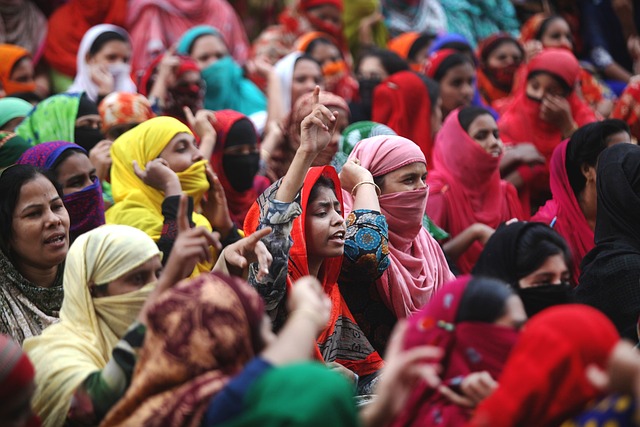In a world that often feels fragmented and divided, the quest for solidarity becomes increasingly significant. Among the many avenues to forge connections and build community, religion has historically provided a profound framework for individuals seeking to unite under common beliefs, values, and moral principles. The moral aspects of this experience not only foster individual growth but also encourage collective responsibility, compassion, and understanding.
At its core, religion offers a set of guiding principles that encourage followers to look beyond themselves. The doctrines found in various faiths promote empathy, urging individuals to recognize their shared humanity. Whether it’s through the teachings of love in Christianity, the call for charity in Islam, or the principles of Dharma in Buddhism, there’s an intrinsic moral dimension to how we relate to one another. This perspective urges followers to act in solidarity with those who are marginalized, oppressed, or suffering.
The moral framework provided by religion often serves as a catalyst for social cohesion. Communities gather for worship, rituals, and collective activities that reinforce bonds among members. These gatherings create safe spaces where individuals can not only seek spiritual nourishment but also find emotional support, encouragement, and a sense of belonging. Here, solidarity flourishes as people come together, sharing their struggles and triumphs in a unified spirit.
Moreover, religious doctrines often challenge us to extend our understanding of solidarity beyond mere kinship or friendship. The teachings encourage us to embrace a universal perspective that transcends barriers of race, nationality, and socioeconomic status. Religious beliefs can inspire acts of kindness and selflessness, reminding us that we are part of a larger tapestry of existence. By recognizing that our well-being is intertwined with that of others, we cultivate a community ethos that seeks justice and compassion for all.
As we navigate through our complex modern lives, the moral teachings found within religious traditions can provide a compass to guide our actions. In times of crisis or uncertainty, turning to a faith community can offer comfort and strength. This support system fosters resilience by reinforcing the idea that no one is alone in their struggles, reminding us that we can draw strength from our shared values and collective efforts to uplift one another.
Furthermore, many religious movements actively engage in social justice initiatives, exemplifying the principle of solidarity in action. Such endeavors can include advocating for the rights of the disenfranchised, providing relief in times of disaster, and promoting environmental stewardship. These efforts born out of a moral obligation highlight the power of collective action grounded in religious conviction, paving the way for meaningful change in society.
Ultimately, the intersection of solidarity and religion presents a profound opportunity for personal introspection and community engagement. By exploring the moral aspects intrinsic to faith, we can better understand our responsibilities to ourselves and each other. In doing so, we nurture an environment where compassion thrives, leading to a more harmonious and united world, one where the power of community is celebrated and embraced.




